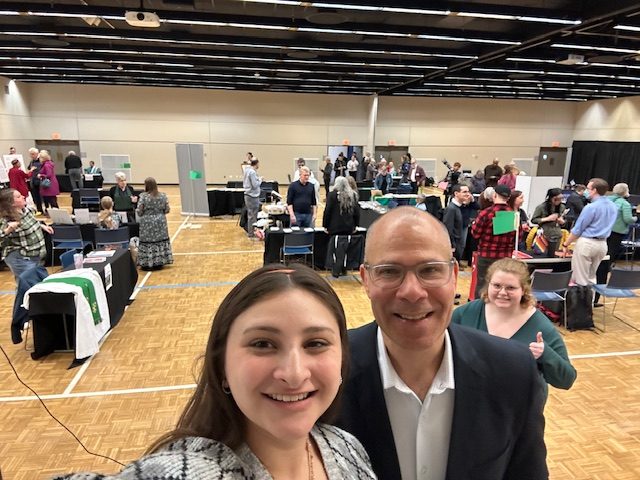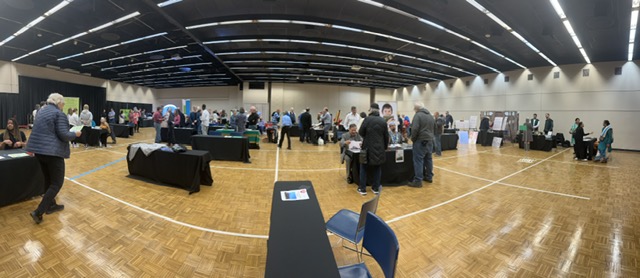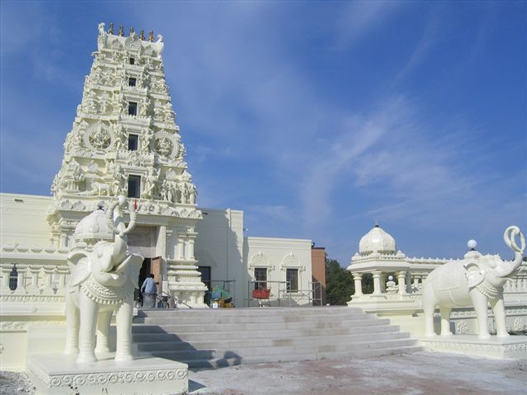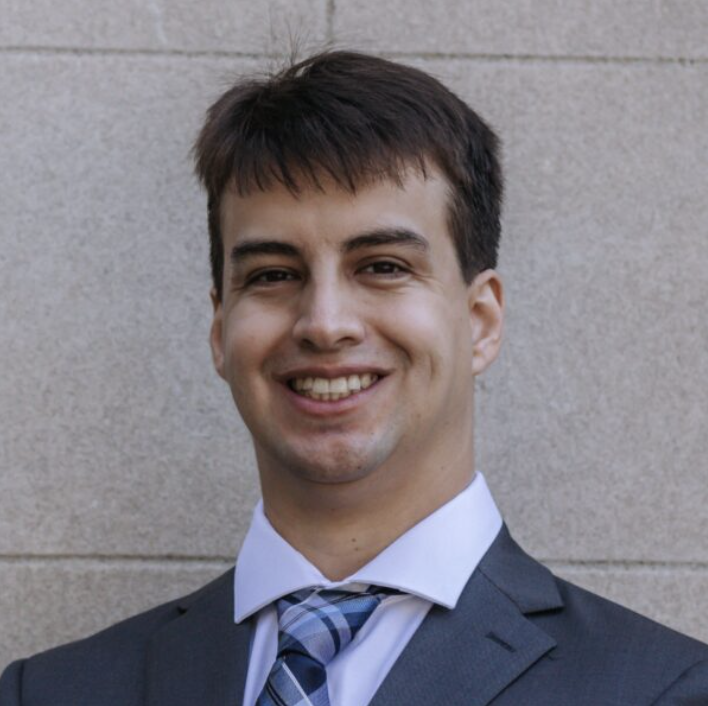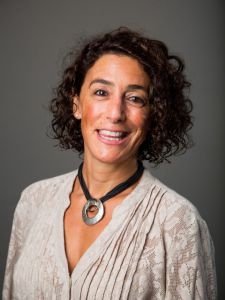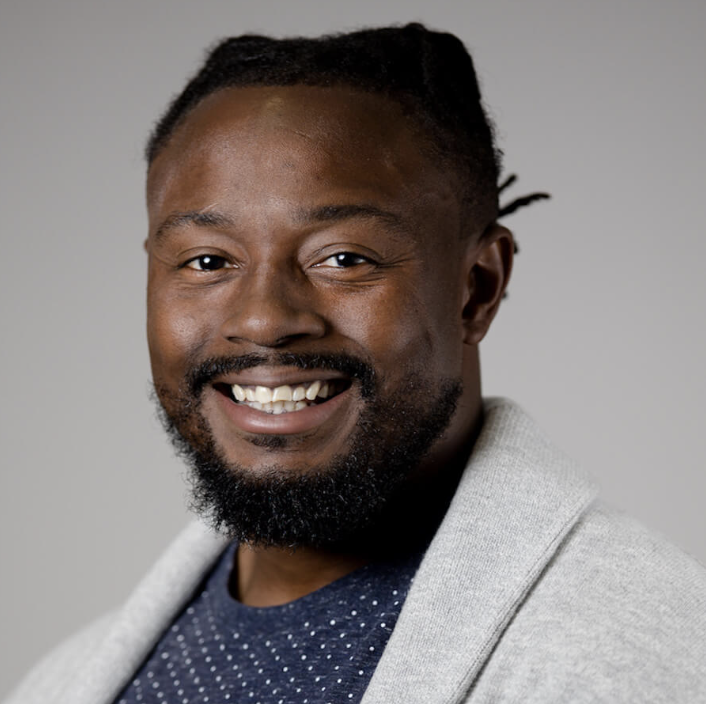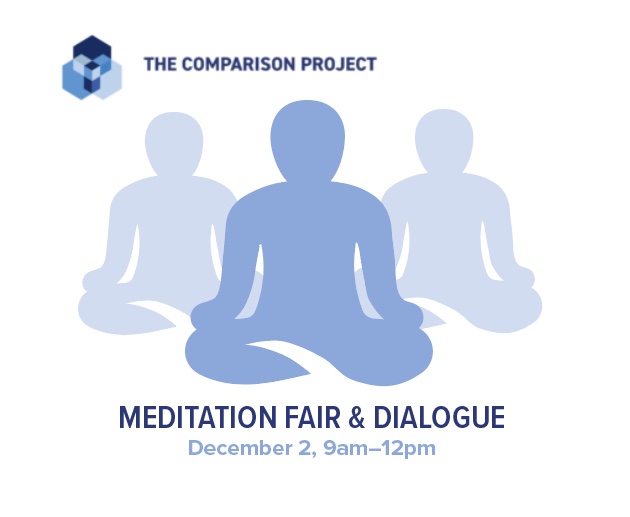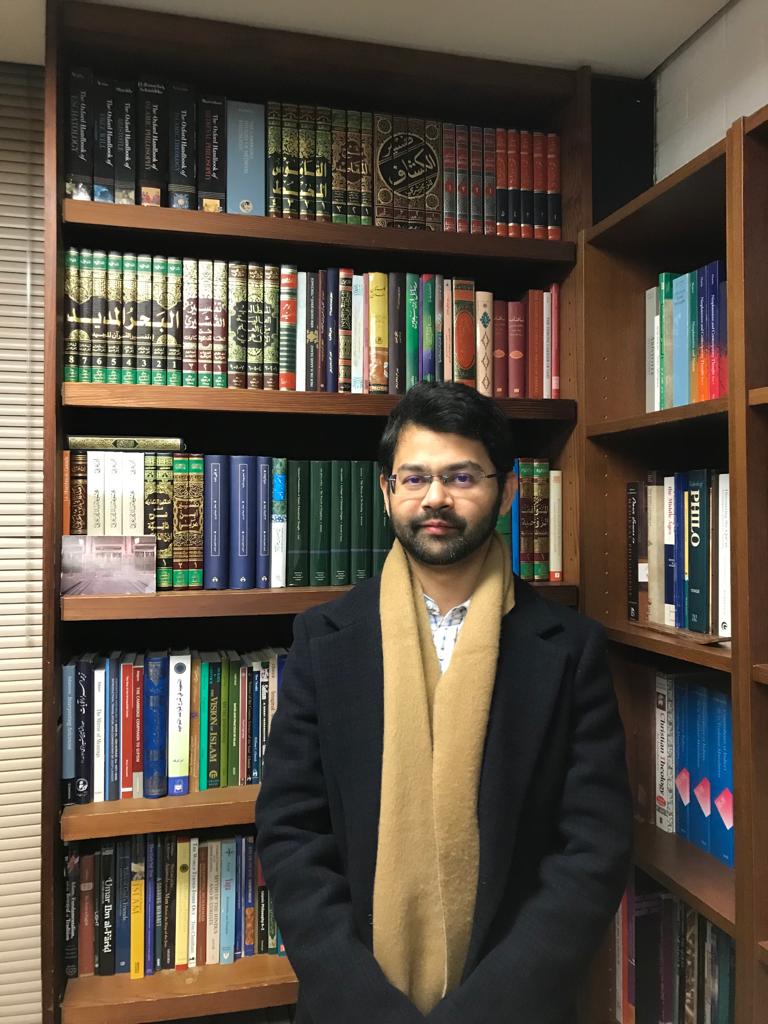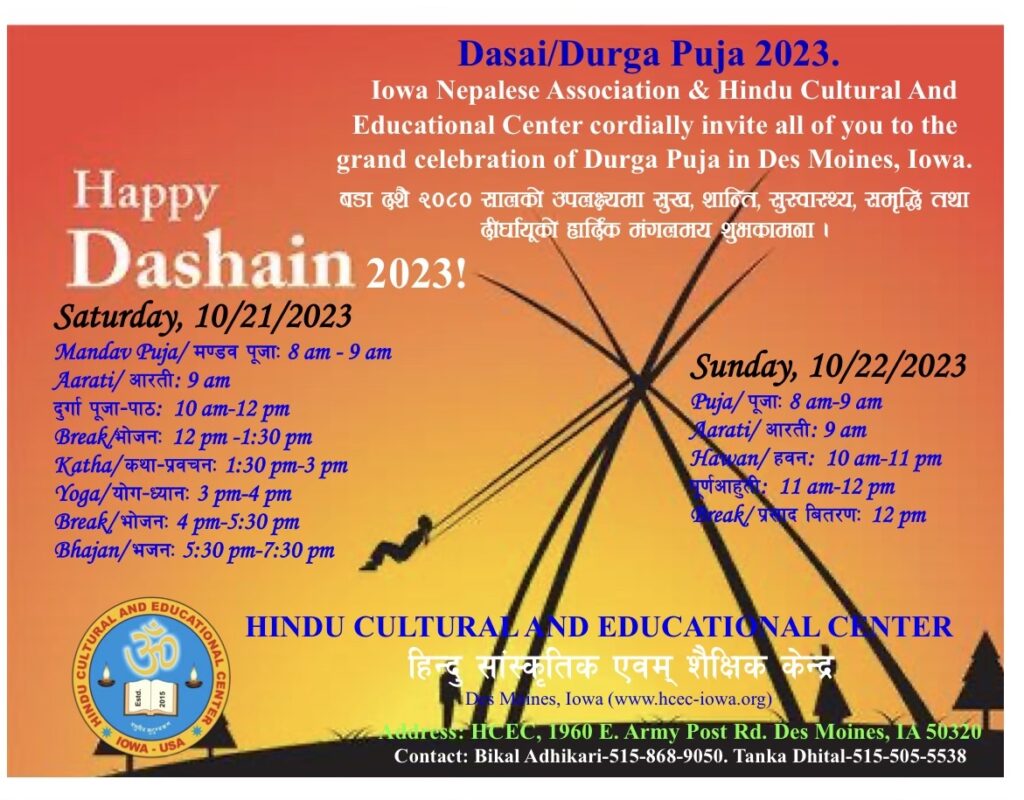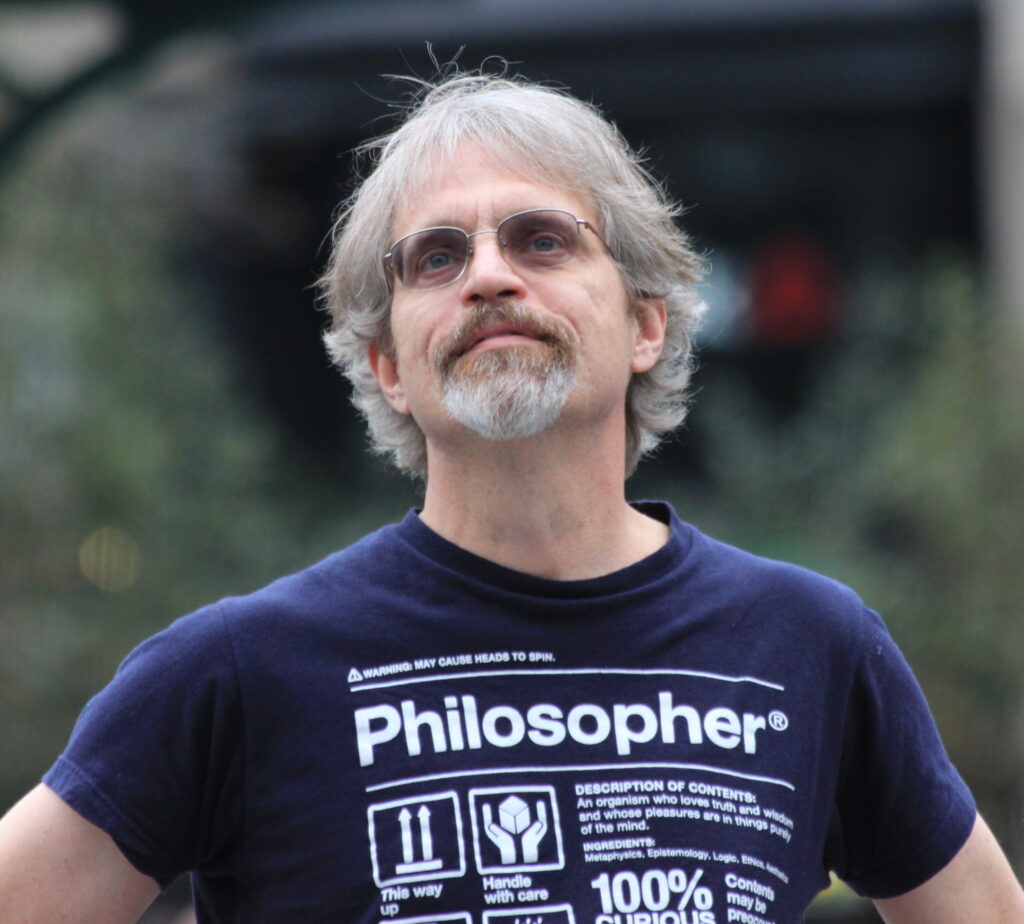On Sunday, February 18, from 3:00–5:00 pm, Drake University’s The Comparison Project, in conjunction with the “Iowa Interfaith Exchange,” hosts a “Roads to Religion” in the Olmsted Center (Parents Hall) on Drake’s campus. The event, which is free and open to the public, features dozens of local religious communities, collectively representing 10+ religious traditions. These communities will be arranged throughout the hall as if on a map of the metro area. Visitors will receive a map to guide them in their exploration of them.
The event will also include a four musical and recitational interludes, one each by the Java Jews, the Hindu Cultural and Educational Center, Masjid an Noor, and St. Mary’s Coptic Orthodox Church. Food and drink will be provided by Drake’s catering service.
The Comparison Project engages in the practice of comparative philosophy of religion, increases understanding of local-lived religion, and cultivates interfaith literacy and leadership. It is supported by Arthur Vining Davis Foundations, Drake’s Center for the Humanities, Drake’s Stringellow and Hay Lectureships, Drake’s Slay Fund for Social Justice, Drake’s Principal Cener for Global Citizenship, Humanities Iowa, and Cultivating Compassion: The Dr. Richard Deming Foundation.
The ”Iowa Interfaith Exchange” includes Drake’s The Comparison Project and three other local nonprofits: CultureALL, the Des Moines Area Religious Council, and Interfaith Alliance of Iowa.
